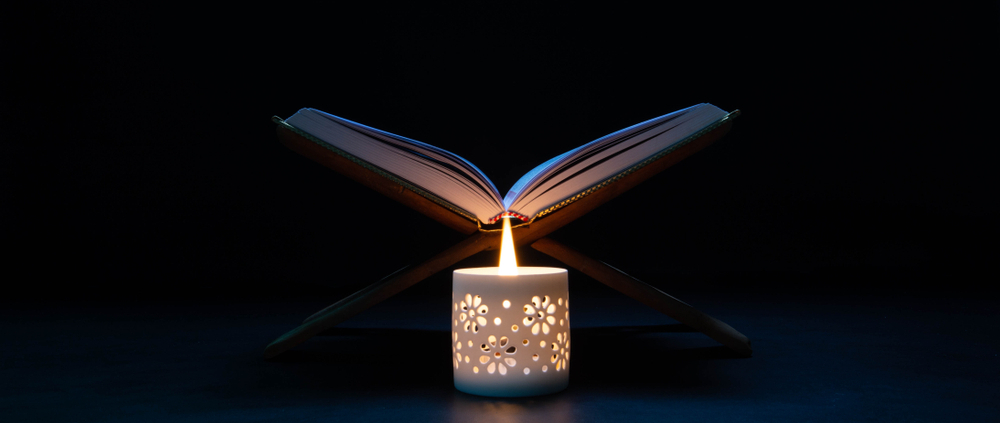Making Up Missed Prayers: A Point of Scholarly Consensus
Hanafi FiqhShafi'i Fiqh
Answered by Shaykh Faraz Rabbani
Question: Is making up missed prayers necessary?
Answer: Walaikum assalam wa rahmatullahi wa barakatuh,
I pray this finds you in the best of health and spirits.
The position of all four Sunni schools is that it is obligatory (fard) to make up all missed prayers, regardless of why they were missed. Prayer is the first thing we will be questioned about on the Day of Judgement, as the Prophet (Allah bless him and grant him peace) informed us in sound narrations.
Imam Nawawi stated:
“There is consensus (ijma`) of the scholars whose opinion counts that whoever leaves a prayer intentionally must make it up. Abu Muhammad Ali Ibn Hazm differed with them on this, saying that such an individual cannot ever make them up and it is not at all valid to make them up. Rather, he said, one must do much good works and voluntary prayer in order that one s scales be heavied on the day of judgement and one must seek Allah s forgiveness and repent. This position of his, along with being in opposition to scholarly consensus (ijma`), is invalid in terms of the proof.
Among the proofs for the obligation to makeup is: that if makeup prayers are obligatory for the one who left the prayer forgetfully, then doing so for the one who left the prayer deliberately is more obviously incumbent.” [Majmu` Sharh al-Muhadhdhab (3.86)]
Imam Nawawi is referring here to the hadith related by Anas that the Messenger of Allah (Allah bless him and grant him peace) said:
“Whoever forgets a prayer must perform it when they remember it.” [Bukhari (597); Muslim (684)]
After Imam Nawawi’s time, the aberrant position of Ibn Hazm was embraced by certain individuals and soundly rejected by the scholars in their time and after.
Wassalam.
Faraz Rabbani.
قال الإمام النووي في المجموع شرح المهذَّب: (3/76) ( فَرْعٌ ) أَجْمَعَ الْعُلَمَاءُ الَّذِينَ يُعْتَدُّ بِهِمْ عَلَى أَنَّ مَنْ تَرَكَ صَلَاةً عَمْدًا لَزِمَهُ قَضَاؤُهَا وَخَالَفَهُمْ أَبُو مُحَمَّدٍ عَلِيٌّ بْنُ حَزْمٍ فَقَالَ : لَا يَقْدِرُ عَلَى قَضَائِهَا أَبَدًا وَلَا يَصِحُّ فِعْلُهَا أَبَدًا قَالَ : بَلْ يُكْثِرُ مِنْ فِعْلِ الْخَيْرِ , وَصَلَاةِ التَّطَوُّعِ لِيَثْقُلَ مِيزَانُهُ يَوْمَ الْقِيَامَةِ وَيَسْتَغْفِرُ اللَّهَ تَعَالَى وَيَتُوبُ , وَهَذَا الَّذِي قَالَهُ مَعَ أَنَّهُ مُخَالِفٌ لِلْإِجْمَاعِ بَاطِلٌ مِنْ جِهَةِ الدَّلِيلِ , وَبَسَطَ هُوَ الْكَلَامَ فِي الِاسْتِدْلَالِ لَهُ , وَلَيْسَ فِيمَا ذَكَرَ دَلَالَةٌ أَصْلًا . وَمِمَّا يَدُلُّ عَلَى وُجُوبِ الْقَضَاءِ حَدِيثُ أَبِي هُرَيْرَةَ رضي الله عنه { أَنَّ النَّبِيَّ صلى الله عليه وسلم أَمَرَ الْمُجَامِعَ فِي نَهَارِ رَمَضَانَ أَنْ يَصُومَ يَوْمًا مَعَ الْكَفَّارَةِ } أَيْ بَدَلَ الْيَوْمِ الَّذِي أَفْسَدَهُ بِالْجِمَاعِ عَمْدًا . رَوَاهُ الْبَيْهَقِيُّ بِإِسْنَادٍ جَيِّدٍ وَرَوَى أَبُو دَاوُد نَحْوَهُ , وَلِأَنَّهُ إذَا وَجَبَ الْقَضَاءُ عَلَى التَّارِكِ نَاسِيًا فَالْعَامِدُ أَوْلَى
